Diagnosis
Recent articles
Autism prevalence increasing in children, adults, according to electronic medical records
The uptick from 2011 to 2022 in the United States underscores a need for more services and research, the investigators say.

Autism prevalence increasing in children, adults, according to electronic medical records
The uptick from 2011 to 2022 in the United States underscores a need for more services and research, the investigators say.
The case for redefining ‘theory of mind’: Q&A with François Quesque
In a new commentary, Quesque and 44 experts in neuroscience and psychology propose a standardized lexicon for research on the attribution of mental states.

The case for redefining ‘theory of mind’: Q&A with François Quesque
In a new commentary, Quesque and 44 experts in neuroscience and psychology propose a standardized lexicon for research on the attribution of mental states.
A genetics-first clinic for catching developmental conditions early: Q&A with Jacob Vorstman
A new clinic is assessing children who have a genetic predisposition for autism and other neurodevelopmental conditions—sometimes before traits appear.

A genetics-first clinic for catching developmental conditions early: Q&A with Jacob Vorstman
A new clinic is assessing children who have a genetic predisposition for autism and other neurodevelopmental conditions—sometimes before traits appear.
Diagnosing autism and teaching neurodiversity with So Hyun “Sophy” Kim
The Korea University professor on her path to autism research and studying in the United States.
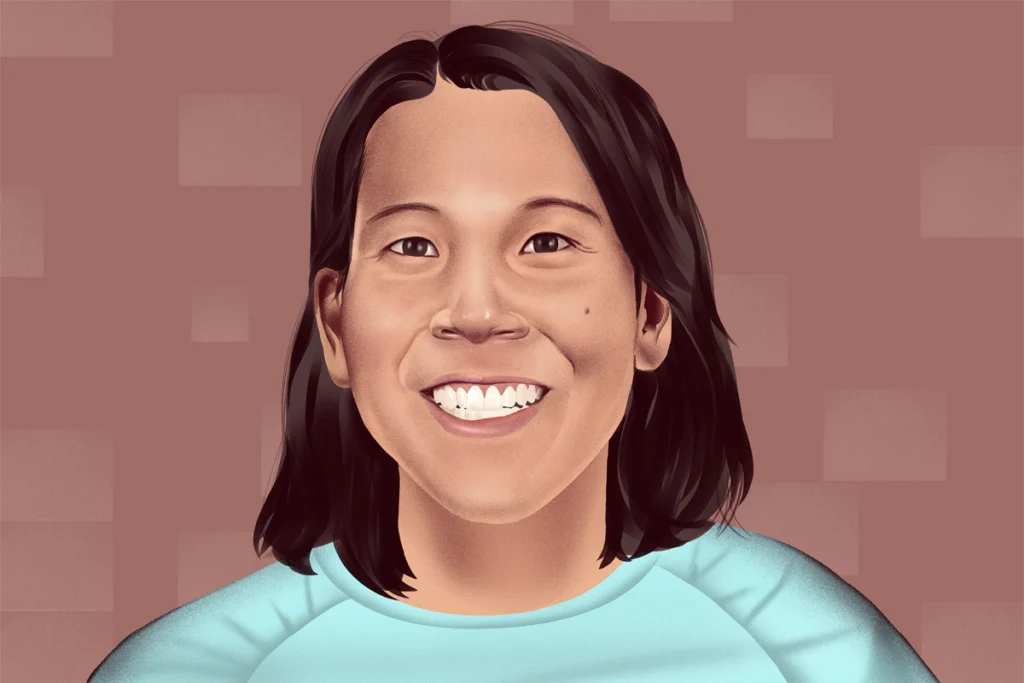
Diagnosing autism and teaching neurodiversity with So Hyun “Sophy” Kim
The Korea University professor on her path to autism research and studying in the United States.
A new look at walking in early childhood: Q&A with Rujuta Wilson
Quantifying toddlers’ gaits promises to improve autism diagnosis and intervention.

A new look at walking in early childhood: Q&A with Rujuta Wilson
Quantifying toddlers’ gaits promises to improve autism diagnosis and intervention.
Mutation in top autism-linked gene may alter eye reflex
The discovery could help clinicians diagnose children who carry mutations in the gene, called SCN2A, and gauge their responses to potential therapies.
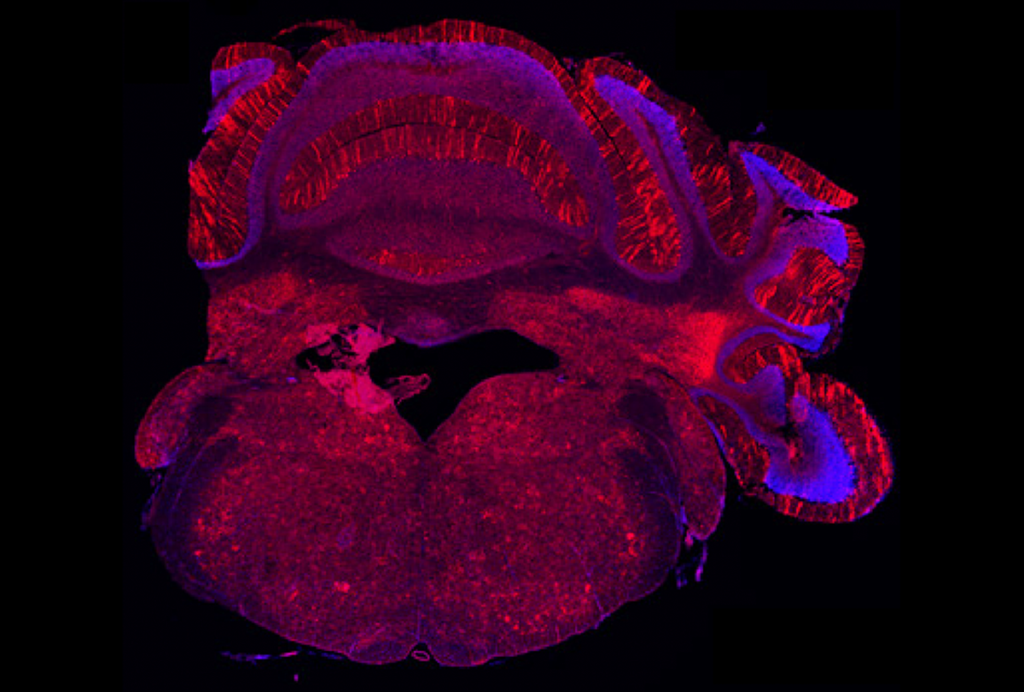
Mutation in top autism-linked gene may alter eye reflex
The discovery could help clinicians diagnose children who carry mutations in the gene, called SCN2A, and gauge their responses to potential therapies.
‘Prototypical autism’ research is likely a dead end
Efforts to define “frank” or “classic” forms of the condition build on several assumptions that the science has not yet borne out.
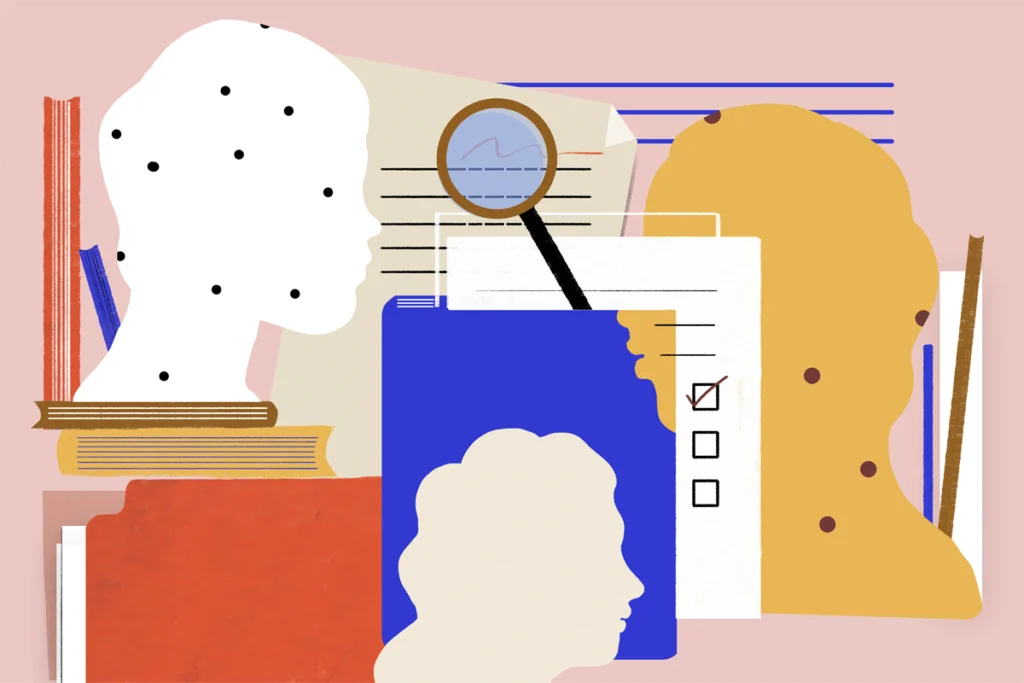
‘Prototypical autism’ research is likely a dead end
Efforts to define “frank” or “classic” forms of the condition build on several assumptions that the science has not yet borne out.
New tablet-based tools to spot autism draw excitement — and questions
Handheld devices promise to bring autism detection home, but many researchers urge caution.

New tablet-based tools to spot autism draw excitement — and questions
Handheld devices promise to bring autism detection home, but many researchers urge caution.
Year in Review: Spectrum’s best in 2023
Here are five must-reads from our coverage of autism research over the past 12 months.
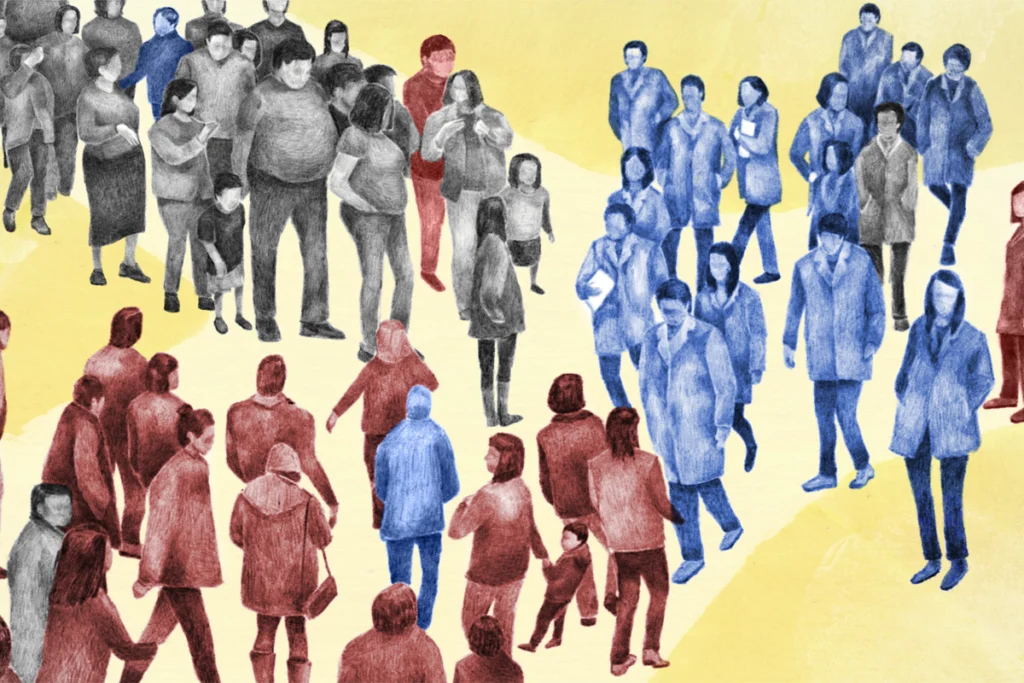
Year in Review: Spectrum’s best in 2023
Here are five must-reads from our coverage of autism research over the past 12 months.
Autism research hits the road
Some scientists are thinking creatively about how to collect data in flexible environments and meet communities where they’re at.
Autism research hits the road
Some scientists are thinking creatively about how to collect data in flexible environments and meet communities where they’re at.
Explore more from The Transmitter
Remembering Eleanor Maguire, ‘trailblazer’ of human memory
Maguire, mastermind of the famous London taxi-driver study, broadened the field and championed the importance of spatial representations in memory.

Remembering Eleanor Maguire, ‘trailblazer’ of human memory
Maguire, mastermind of the famous London taxi-driver study, broadened the field and championed the importance of spatial representations in memory.
Brain gene expression syncs between bonded prairie voles
The overlapping activity in the animals’ nucleus accumbens may underpin pair bonding, a new preprint suggests.
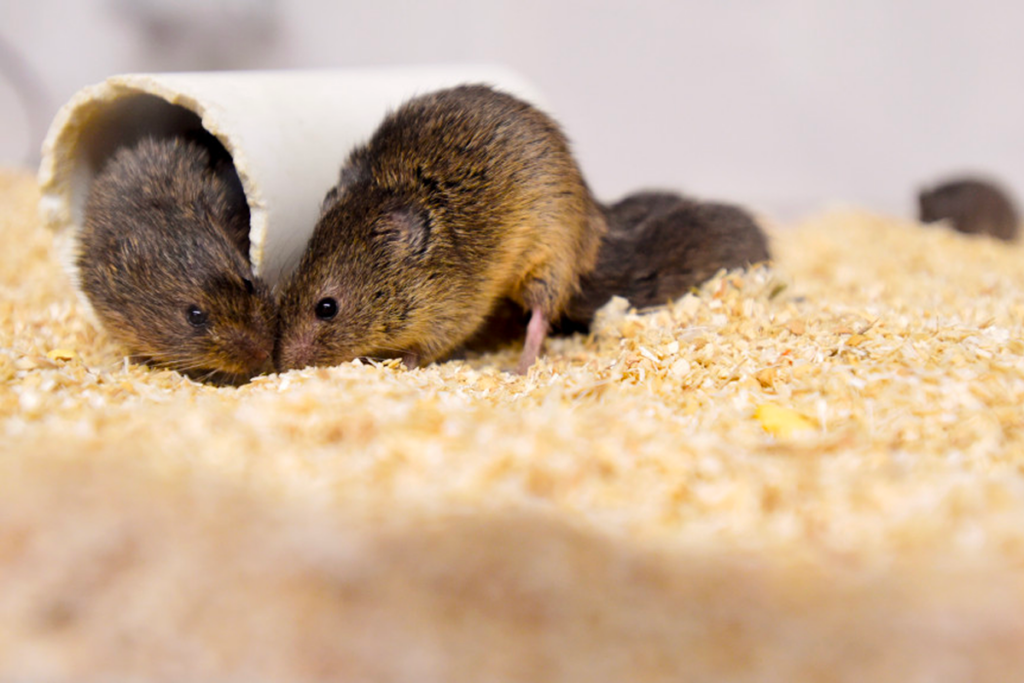
Brain gene expression syncs between bonded prairie voles
The overlapping activity in the animals’ nucleus accumbens may underpin pair bonding, a new preprint suggests.
Many autism-linked proteins influence hair-like cilia on human brain cells
The finding may help explain autism’s association with multiple co-occurring conditions that involve cilia defects.
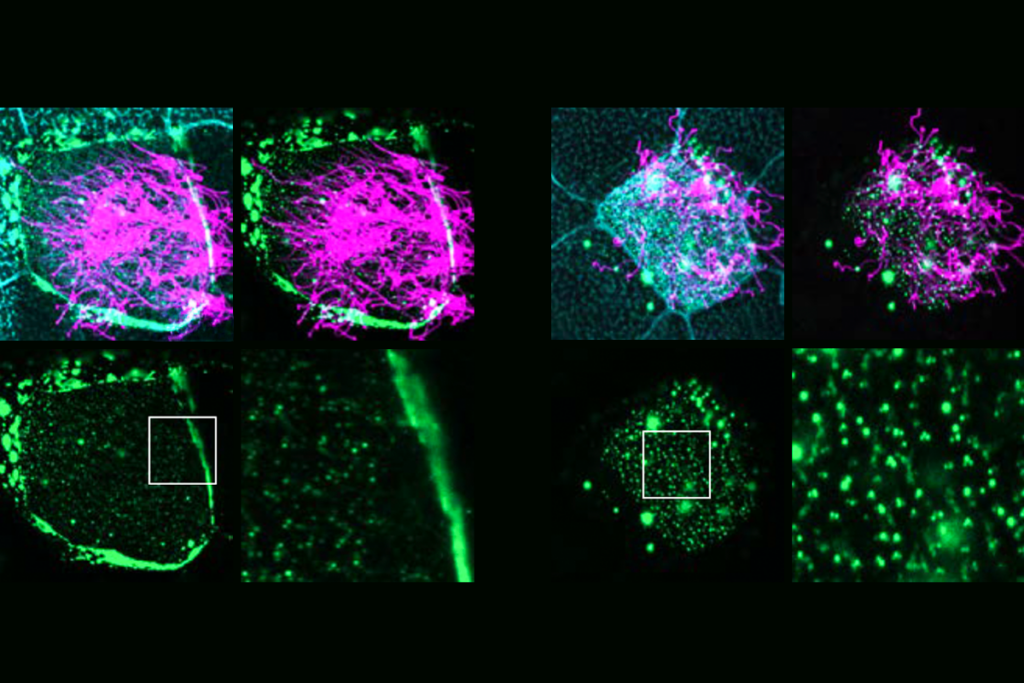
Many autism-linked proteins influence hair-like cilia on human brain cells
The finding may help explain autism’s association with multiple co-occurring conditions that involve cilia defects.